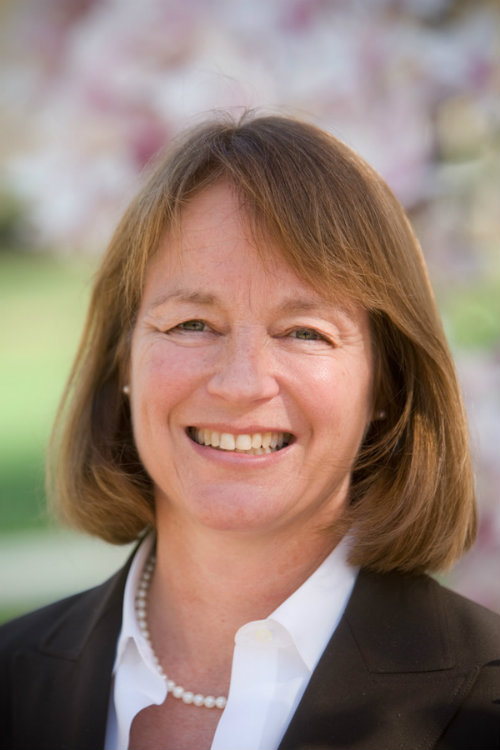The Role of Science Diplomacy
When asked about my work this past year as a U.S. State Department science envoy, I say that science diplomacy is a fruitful way to build relationships between countries and an important addition to U.S. foreign policy. That is why I was so honored to take on this role and travel to Kazakhstan, Azerbaijan, and Uzbekistan.
The science envoy program is rooted in the philosophy that scientists have historically and continually worked across boundaries and borders. Despite conflicts between their countries, scientists collaborate and communicate due to the common bond that links them. Science envoys travel as private citizens to universities, research institutes, and government agencies with a goal of finding areas of common interest where sustainable collaborations can be built. In Kazakhstan, for instance, I sensed a country ready for such increased collaboration and sustained partnership. Located between China and Russia, Kazakhstan has oil and mineral resources and is a nation of significant geopolitical interest to the United States, Europe, and China.
The people of Kazakhstan were welcoming, eager to talk about the future, and optimistic about change. Scientists welcome fellow scientists with open arms. The talent and spirit in the universities and institutes are a harbinger for progress in the future.
Kazakhstan just celebrated its twentieth anniversary of independence from the Soviet Union, and they have recognized the value of international higher education. The Bolashak scholarship program has sent hundreds of Kazakh students to the U.S. and Europe for almost two decades. Upon graduation, the scholars must return to Kazakhstan for five years, and Bolashak alumni can be found in multinational corporations, banks, embassies, start-up companies, and government agencies. Now the new Nazarbayev University is teaching in English and striving to provide students with “critical thinking skills,” very much like we do at Lehigh.
Watching a country like Kazakhstan invest in education as they work to move from a commodity-based to an innovation economy reminds me of Lehigh’s 150-year-old founding principle—to create an educated workforce during the industrial revolution. It also reinforces for me the need for Lehigh University to ensure that we are providing an education based in the world today. We must produce globally competent leaders who will be able to succeed in our ever more interconnected world. I thank our friends and alumni who are making international opportunities possible for our students.
The international nature of our mission was further reinforced at a Lehigh reception in Kuala Lumpur in January. Alumni, friends, and new collaborators from Malaysia, Indonesia, and Singapore gathered to share ideas and make connections. Lehigh is truly becoming a global university.
Alice P. Gast
President
Lehigh University
Winter 2012
Posted on:


